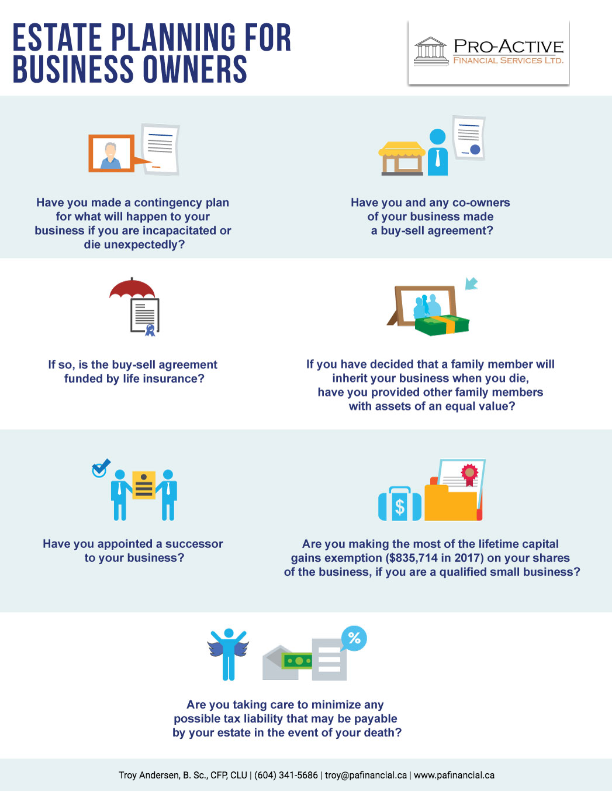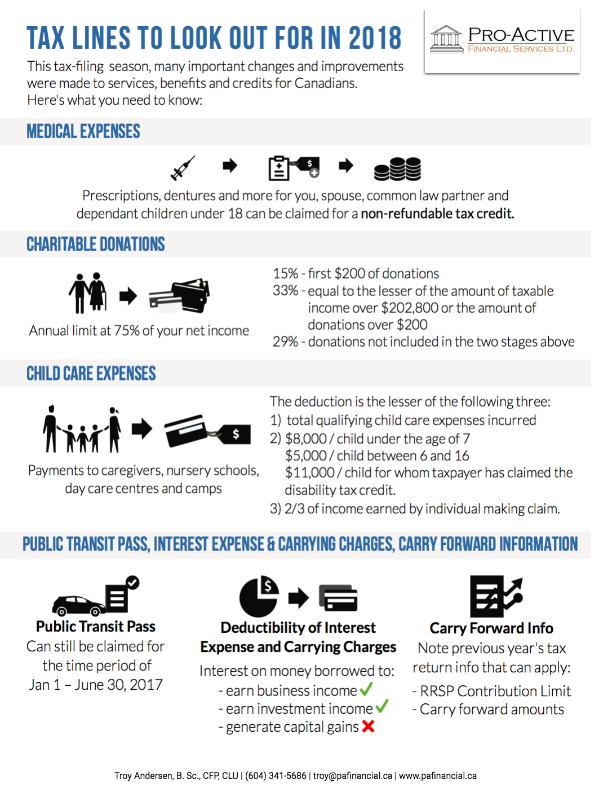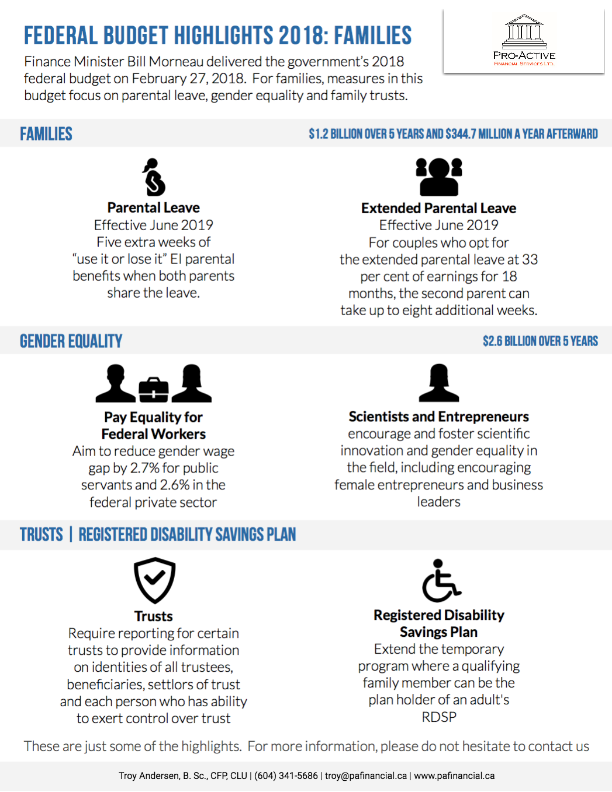Why provide an employee benefits plan?
Business owners are increasingly recognizing the key importance of implementing employee benefit plans in their organization and this is an area that has grown considerably in recent decades. Employee benefits comprise all of the additional things that you offer to your employees on top of their regular salary, which could include pension contributions, health cover / insurance policies, training and education programs etc. Employees are more and more interested in the total benefits package that a potential employer can offer them, rather than just being focused on a binary salary figure and recognizing and understanding this cultural shift in the modern working world is crucial to maintain your ability to recruit and retain the right talent for your business.
Many employees value the benefits that their employer offers, considering them an integral part of their take home pay, none more so than health cover. This benefit can provide financial and emotional security to your employees and their families, without the need for them to complete any health requirements to be on the plan. They are likely to benefit from a preferable level of cover and the plan may even provide them with insurance products such as long-term disability cover, which can be harder to gain outside of a group plan. What’s more, group plans often offer out-of-country emergency healthcare for employees which has the potential to save them money on personal travel insurance products.
Not only do these benefits provide a sense of security to your employees, they can also help them to feel valued as part of your organization, which may in turn foster higher morale and increased motivation within their roles. It is therefore worthwhile for business owners to encourage their teams to recognize the fact that the benefits package that you offer should be considered as an integral part of their take home pay, alongside their actual salary.
Talk to us, we can help.
















